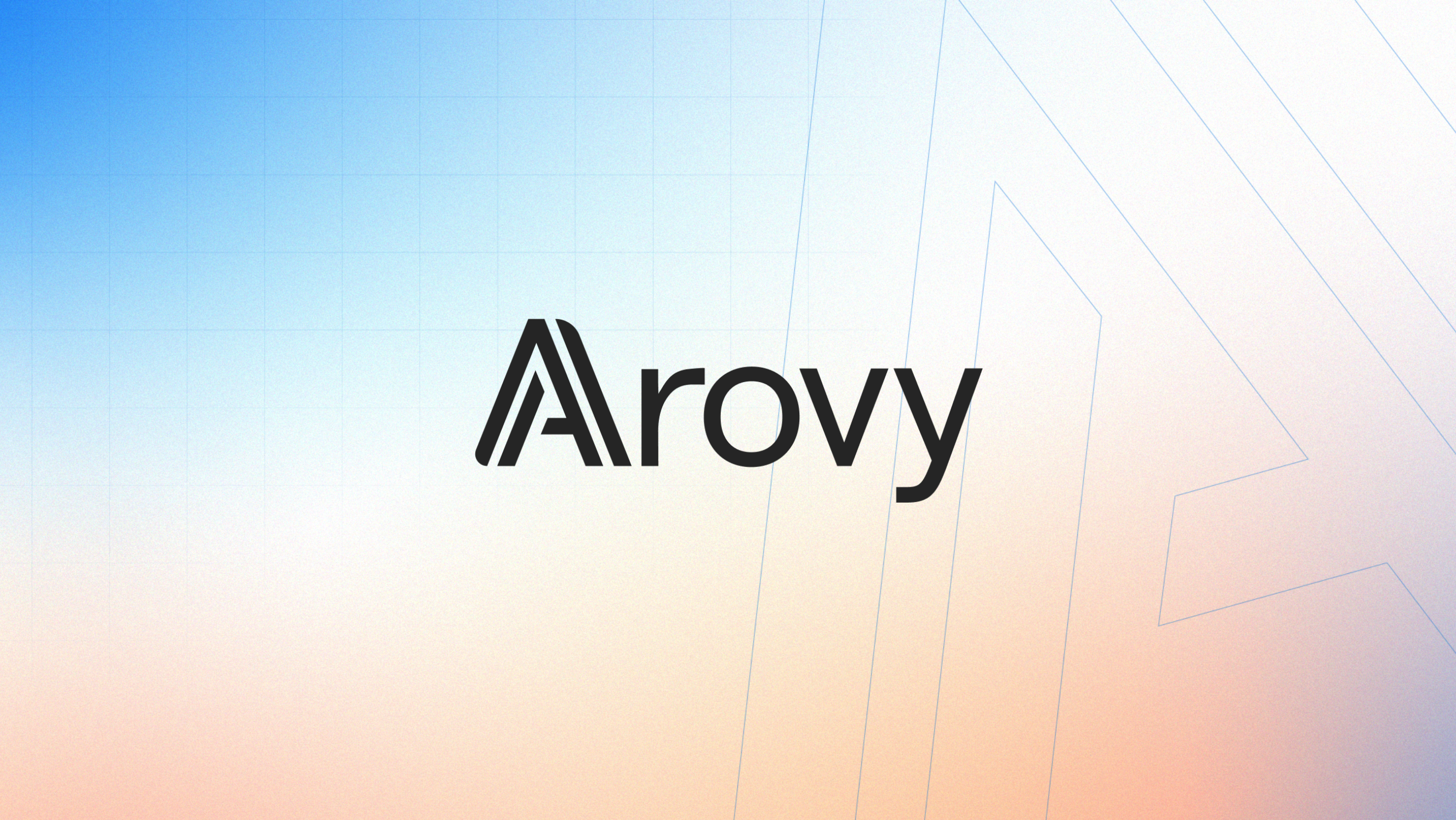11 MIN READ
How RevOps & InfoSec Can Collaborate to Ensure Salesforce Data Governance
With a surge in data breaches, robust data governance stands as the frontline defense protecting businesses. According to IBM’s Cost of Data Breach Report , the global average cost of a data breach in 2023 was $4.45M, a 15% increase over 3 years. One of the most attractive targets for potential scammers on the hunt for Personal Identifiable Information (PII) and sensitive company data is your CRM. Ironically, the central trading post for storing and distributing highly sensitive customer data, Salesforce, is rarely given enough consideration in the data governance policies deployed by InfoSec leaders. That's because Salesforce feels like a bit of a black box to them. As a result, data officers place their faith in their Revenue Operations (RevOps) peers, trusting that appropriate permissions have been established and visibility into where and how Personal Identifiable Information (PII) is being accessed is clear. So, while there’s no doubt your data governance strategy should be inclusive of Salesforce, one question remains— who is ultimately accountable for it? Is it the responsibility of the Revenue Operations (RevOps) team, who typically oversees all Salesforce operations? Or is the responsibility of your InfoSec team, who typically manages the security measures for the entire company? The short answer is it’s the responsibility of both . Striking a collaborative balance between these two functions is key. We’ll dive into why this joint approach is best and explore how teams can execute a robust Salesforce data governance strategy, eliminating risk in the process.
What is Data Governance?
Data governance is a mechanism for securing data, and preserving its integrity while enhancing its usability within your enterprise system. It establishes guidelines and frameworks, setting standards and policies that govern the internal use of data across your entire organization. Salesforce data governance specifically has grown in significance due to various regulatory requirements such as GDPR, DSS, HIPAA, and PCI. Chances are, your business needs to comply with one or more of these regulations, demanding a clear classification of your data to ensure adherence. Regulatory requirements such as these are a key driver in data governance, signaling a need for structured governance frameworks. In addition, orgs implement robust protocols to mitigate risks such as breaches, ensuring operational efficiency and maintaining trust through data integrity. Data governance is crucial to informed decision-making, fostering accountability, and optimizing resource utilization. Recent years have seen an uptick in governance urgency due to vast data growth, more complex handling needs, heightened privacy concerns, and heavier reliance on data-driven insights. According to sources, the average company uses more than 400 unique datasets on a daily basis.Who is Responsible for Data Governance?
While understanding the fundamentals of data governance is crucial, identifying who bears the responsibility for its creation, implementation and oversight within an organization is equally important.The Role of the CDO and CISO in Data Governance
Many businesses have begun to empower their Chief Data Officer (CDO) and/or Chief Information Security Officer (CISO) to spearhead the strategy side of data governance efforts. The CDO's main mission is to help the organization use data more effectively while the CISO's role is to protect the organization from technology-based loss. As the guardians of the organization’s information assets, they’re best suited to:- Work closely with their InfoSec teams to focus on data security that naturally aligns with the goals of data governance.
- Create the organizations data governance framework
- Drive collaboration across teams to ensure compliance is embedded in the culture of the organization
- Align data governance with broader goals
- Effectively implement governance and compliance initiatives across the organization.
The Role of RevOps in Data Governance
When it comes to actually building out the data governance framework in Salesforce, that’s where RevOps steps in. RevOps’ insight into the Salesforce ecosystem allows them to discern the specific data needs and usage scenarios critical for effective governance. RevOps’ responsibilities span across:- Governance policy implementation & deployment
- Configuration of profiles and permissions
- Conducting audits to ensure compliance
- Collaborating with Business Systems on integration management
- And continuously evaluating the latest data security features.


.webp)






